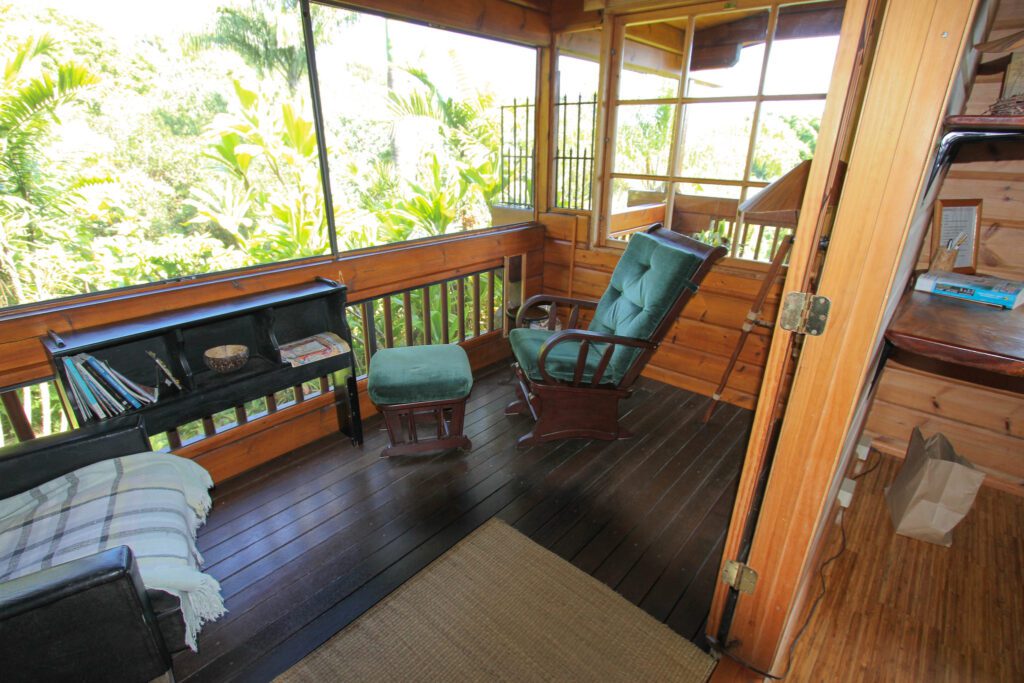There have been plenty of headlines in the past few days about a lawsuit against an Airbnb guest in Brentwood, California, who has allegedly overstayed her reservation, which ended on March 19, 2022 —without paying rent for more than a year-and-a half.

A vacation rental that was listed on Vrbo. We show this for illustrative purpose, and not for any connection to the squatter issue. Source: Vrbo
The property owner filed a lawsuit in June, seeking to evict the squatter, who has supposedly performed a somewhat similar caper previously, according to published reports.
Squatter Issue Resonates in NYC
Regardless of the details of this particular case, the issue of squatters and laws in many localities that are designed to protect tenants from abusive landlords, hit home in New York City in light of the new host registration law that became effective September 5.
The New York City host registration law seeks to enforce short-term rental regulations that have existed in the Big Apple for years, but often went unheeded. Among them, owners of one- and two-family homes that are owner-occupied don’t need to register as hosts of their vacation rentals, but the minimum stay would need to be at least 30 days.
That’s exactly when squatter laws come into play. New York State law states that people who live in a property for 30 days become legal tenants, and after that time period it can become a protracted battle to evict guests — even if they are paying nothing for the stay.
This issue is a concern for New York City homeowners, many of whom live in Brooklyn, Queens, Staten Island, and the Bronx, who are seeking to rent out their properties for short- and long-term rentals to help pay mortgages and for extra income.
“Many of our RHOAR (Restore Homeowners Autonomy & Rights) members are concerned about the risk of bringing on a tenant that ultimately doesn’t pay their rent and uses NYC’s laws to delay eviction, which has been a financially ruinous experience for many of RHOAR’s members,” spokesperson Lisa Grossman told Skift a few days before the New York City host registration law became effective.
As of a few days ago, RHOAR has conducted meetings with 15 of 52 New York City council members, looking for an amendment “to allow owner-occupied one- or two-family homes the ability to do short-term rentals,” Grossman said.
In other words, these would be rentals for a night, a weekend, a week — anything fewer than 30 nights.
Dan Driscoll, co-founder and chief operating officer of luxury vacation rental business boutiq, based in Austin, acknowledged that squatters might be a problem in some urban markets, but doesn’t see it as a major problem for the vacation rental sector.
“I am not a lawyer and not qualified to give legal advice, but from my vantage point, I think the horror stories are out there, but I think these are wild outliers and fairly isolated to urban markets with unique tenant laws,” Driscoll said.
Dwell Newsletter
Get breaking news, analysis and data from the week’s most important stories about short-term rentals, vacation rentals, housing, and real estate.
Tags: airbnb, future of lodging, guests, hosts, nyc, online travel newsletter, tenants, vacation rentals